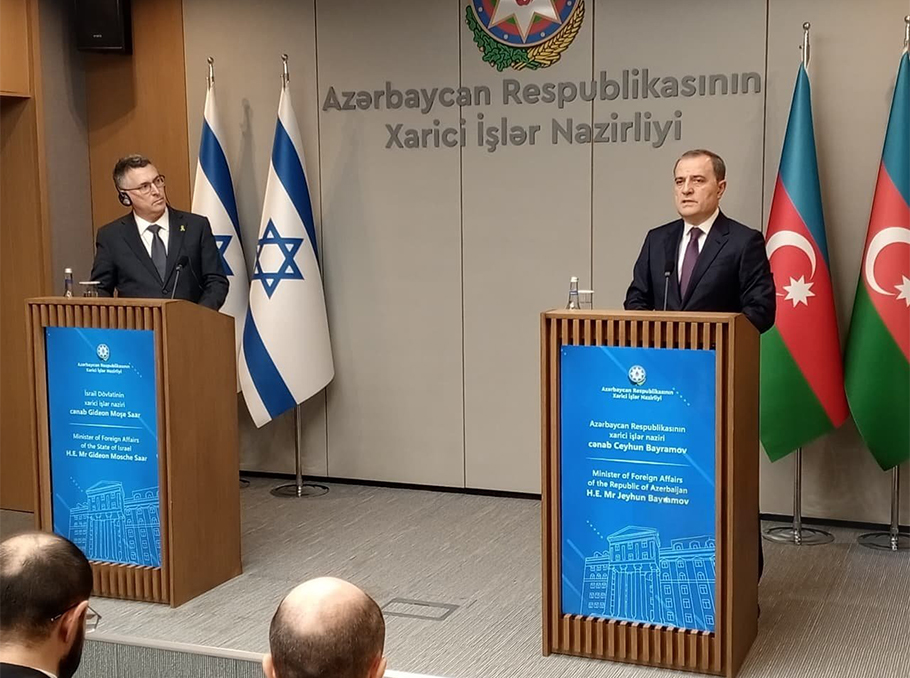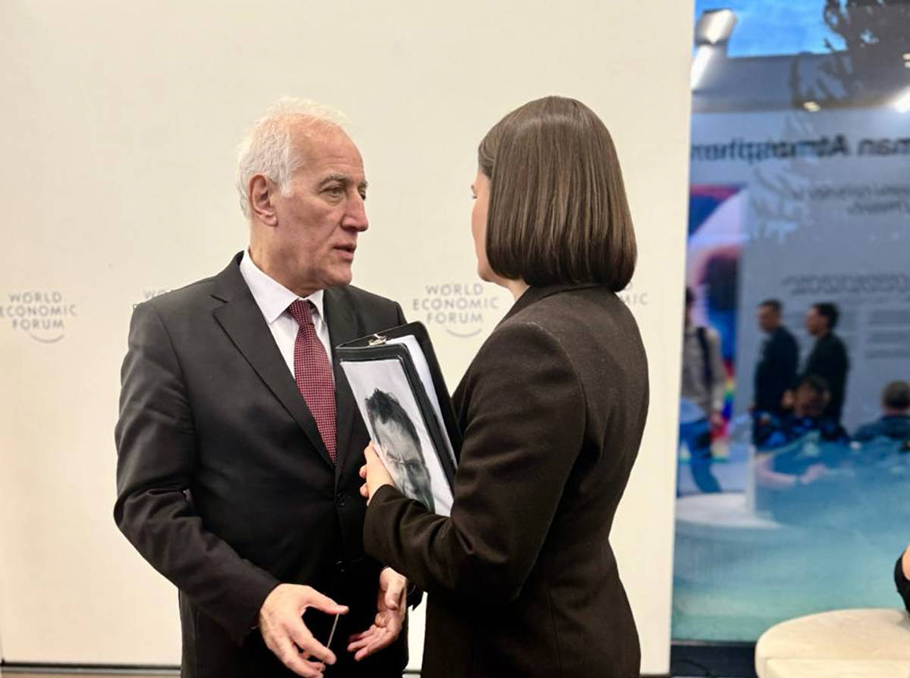Yerevan /Mediamax/. Armenian Prime Minister Nikol Pashinyan said that “with its narrative of the so-called “Western Azerbaijan,” official Baku wants to materialize its territorial demands against the Republic of Armenia, which is recorded in Azerbaijan’s Constitution.”
“If that’s not the case, and if we are wrong in our perceptions, then by saying Western Azerbaijan one must understand the regions of Gazakh, Tovuz, Aghstafa, Gadabay, Dashkesan, Kelbajar, Lachin, Kubatlu and Zangelan of the Republic of Azerbaijan. Therefore, the return of the people there is the internal matter of Azerbaijan, and the government of Armenia has nothing to do or discuss here, besides the matters that it is already discussing with Azerbaijan,” Pashinyan said in an interview with Armenpress, commenting on the remarks of the Azerbaijani president about the right of Azerbaijanis, previously living in Armenia, to return.
Armenia’s Prime Minister said that the preamble of the Azerbaijani Constitution contains a reference to the Constitutional Act adopted by the Azerbaijani Parliament on 18 October 1991. In turn, the Constitutional Act refers to the Declaration of Independence of the First Republic of Azerbaijan adopted on 28 May 1918, which records that the First Republic of Azerbaijan includes Eastern and Southern Transcaucasia.
“In November 1919, the Republic of Azerbaijan presented to the Entente its administrative map, according to which, Azerbaijan included the entirety of the provinces of Syunik and Vayots Dzor of Armenia, as well as parts of the provinces of Ararat, Armavir, Gegharkunik, Tavush, Lori and Shirak of Armenia, some 60 percent of the territory of the Republic of Armenia. Thus, the Constitution of Azerbaijan contains territorial demands against the Republic of Armenia. But we are not raising an issue of changing the Constitution of Azerbaijan for two reasons, first of all such an issue would bring the Armenia-Azerbaijan peace process into a deadlock, and secondly, the agreed-upon part of the Armenia-Azerbaijan peace treaty contains an article which stipulates that the parties cannot refer to their internal legislation to justify the failure of implementation of the peace treaty. Another article of the agreed-upon part of the peace treaty says that the parties recognize each other’s territorial integrity, do not have territorial demands against each other and are bound to not make such demands in the future,” Pashinyan said.




















Comments
Dear visitors, You can place your opinion on the material using your Facebook account. Please, be polite and follow our simple rules: you are not allowed to make off - topic comments, place advertisements, use abusive and filthy language. The editorial staff reserves the right to moderate and delete comments in case of breach of the rules.